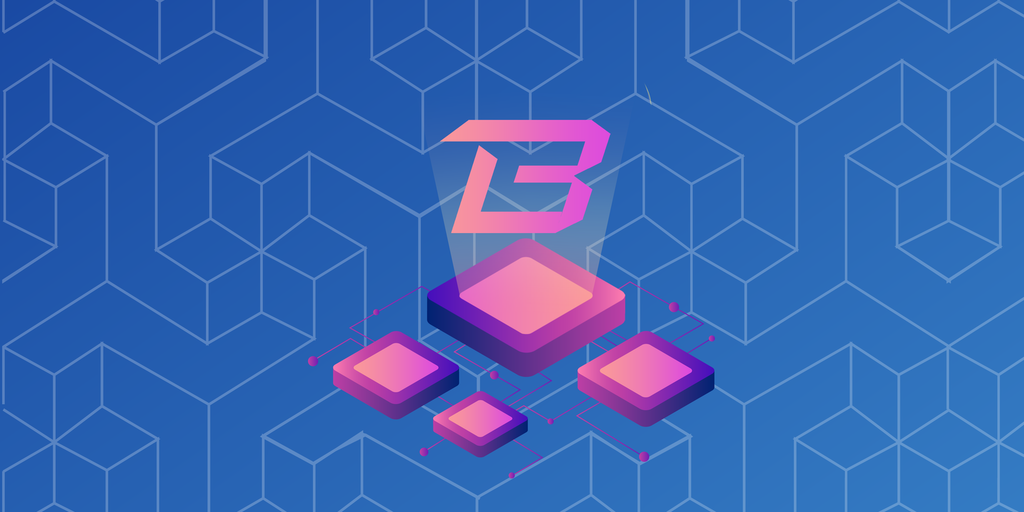Blast, an Ethereum layer-2 scaling solution, aims to address the Ethereum network’s scalability challenges. It has attracted significant interest by securing a total value locked (TVL) of over $1.4 billion and fostering a growing ecosystem of applications and users.
Blast differentiates itself with features including native yields for ETH and stablecoins, facilitated by auto-rebasing mechanisms and collaborations with real-world asset protocols.
Blast’s testnet went live in January 2024 ahead of a planned mainnet launch in February.
Key features and innovations
- Native Yields: Blast is distinctive for offering native yields on ETH and stablecoins, a feature uncommon among layer-2 solutions. This is achieved through an auto-rebasing mechanism and integration with protocols involving real-world assets, which aims to enhance the value and efficiency of assets within its ecosystem.
- Auto Rebasing for ETH: By leveraging the Ethereum network’s post-Shanghai upgrade capabilities, Blast allows for the automatic increase of ETH balances by directly transferring yields from L1 staking to users on L2. This feature aims to ensure that ETH holdings in Blast continuously grow, reflecting L1 staking yields.
- T-Bill Yield for Stablecoins: Offering an auto-rebasing stablecoin, USDB, Blast provides stablecoin holders with a unique yield sourced from real-world assets through MakerDAO’s T-Bill protocol.
Blast airdrop and tokenomics
Blast’s planned airdrop in May 2024 aims to incentivize community interaction and development within the Blast ecosystem. Significant portions of the airdrop are reserved for developers participating in the Big Bang Competition and for community engagement, promoting liquidity and user base expansion.
Developer incentives and ecosystem growth
- Big Bang Competition: Encourages developers to create applications on Blast, offering exposure to its large user base and TVL. Winners receive token rewards and the promotion of their apps to the Blast mainnet.
- Guidance and Mentorship: Participants receive personalized guidance from investors and mentorship, enhancing project success and integration into the Blast ecosystem.
Strategic backing and user engagement
With $20 million in financing from major backers including Paradigm and Standard Crypto, Blast is looking to establish itself as a leading layer-2 solution. The platform also introduces referral bonuses and potential for airdrop rewards to engage users and build a community.
Conclusion
Blast’s entry into the Ethereum layer-2 space introduces unique yield mechanisms and a community-driven approach. Its features, including auto-rebasing for ETH and T-Bill yields for stablecoins, provide a novel option for developers and users. Its focus on fostering community engagement through initiatives like the Blast Airdrop and the Big Bang Competition underscores its potential to contribute to Ethereum’s scalability and DeFi innovation.
However, Blast has faced some pushback from crypto users and developers following its initial launch in November 2023. Early investor Paradigm criticized Blast’s decision to launch its bridge before the L2, and blocking withdrawals for three months, as setting “a bad precedent.” Blast co-founder Tieshun “Pacman” Roquerre has rebutted these complaints, calling them “misunderstandings.”
Editor’s note
This article was written with the assistance of AI. Edited and fact-checked by Stephen Graves. The views and opinions expressed by the author are for informational purposes only and do not constitute financial, investment, or other advice.
Stay on top of crypto news, get daily updates in your inbox.
Source link


